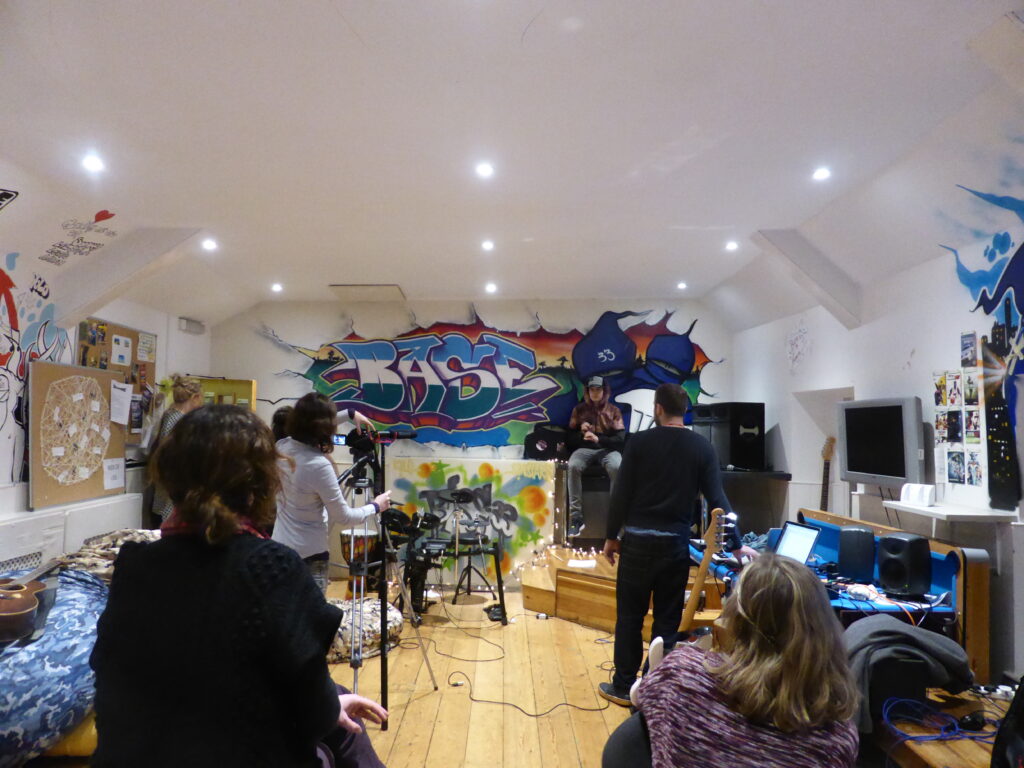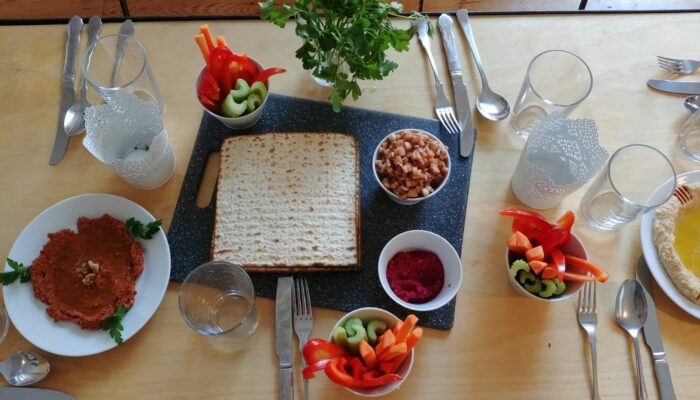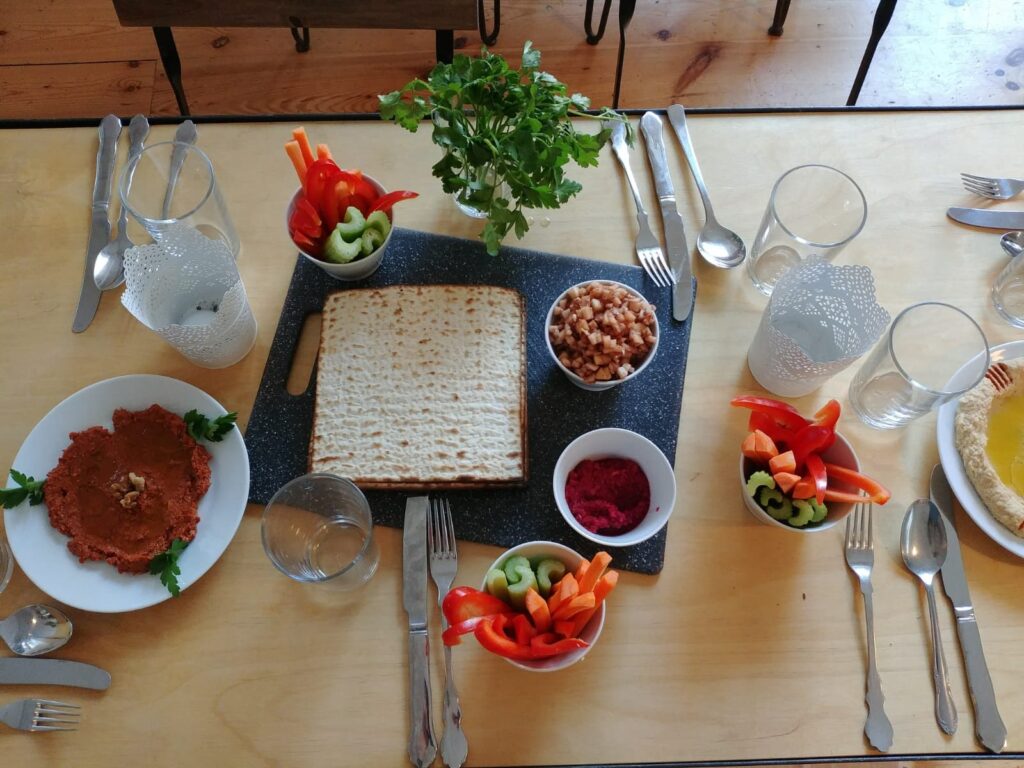Hello from New Editor – Sarah Hughes
I’m delighted to join the RRO team as an editor! My name is Sarah Hughes, and I hold a Vice Chancellor’s Research Fellowship in the Geography department at Northumbria University (Newcastle, UK).
I’m a political geographer, working on questions of asylum politics, resistance, citizenship, and the politics of knowledge production in the academy. Mark has kindly invited me to give an overview of my work, which coalesces around three main themes:
1. Geographies of forced migration. I have a longstanding interest in how systems of asylum governance are lived, experienced and resisted. My doctoral research focused on the concept of resistance in the UK asylum system, looking at creative practices of music and art in immigration detention centres and with dispersed asylum seekers in the north of England. I’ve continued this work on creativity into EU systems of asylum control, working in Germany and Finland alongside organisations running cooking courses and creative writing workshops with forced migrant communities.
I’m also currently working on a British Academy funded small grant (2021-2023) entitled Bridging The Gap: The Lived Experiences Of Refugees Granted Leave To Remain. In the UK, when an individual gets their refugee status they have just 28 days before any existing government support (e.g. housing, finance) terminates. This results in scant time and resources to find accommodation, employment, or to navigate the benefits system. What is at stake in this short transition period is the exposure of an already vulnerable population to risks of homelessness, labour exploitation and financial destitution. My project explores the lived experiences of individuals during this period, and the efforts of civil society and local government to support them.
2. Geographies of resistance. The second stand of my work focuses on how resistance is conceptualised within Geography and the wider Social Sciences. Emerging from my work on resistance within systems of migration control, I’m interested in the assumptions we (as academics, and/or activists) make about resistance. Asking what we risk ignoring if we only focus on predetermined, recognisable resistant forms, I take seriously those more banal, less clearly oppositional and more creative acts of resistance. My edited manuscript Critical Geographies of Resistance is due out with Edward Elgar Press in Spring 2023.

3. Geographies of knowledge production. I’m interested in how knowledge about forced migration is produced, shared and governed. I’ve previously explored the relationship between the US and UK’s Freedom of Information Acts, whistleblowers and knowledge production in the academy through the case of Chelsea Manning. How do academic publishers deal with leaked material that, whilst in the public domain (e.g. on Wikipedia) has never been declassified?
I’m currently working on Countermapping Detention, a collaborative project with Dr. Lauren Martin (Durham University), which responds to the US government’s decision to stop permanently archiving certain records from immigration centres. The documents scheduled for earlier deletion include those categorising neglect, abuse, assault and death within detention. The decision to stop holding these documents permanently was made because they were deemed to have “little or no research value.”. Our project interrogates how the US government calculates research value; we put in FOIA requests for these documents and showed how disposing of the documents would widen gaps, holes and silences in an already partial, state-centric archive. We fed this back into the US government’s inquiry, arguing that this decision limits what future histories of US immigration policies might be told.
Please do get in touch if you’d like to discuss anything further and, especially if you’d like to write something for RRO. We are really keen to promote articles from women, early career academics and under-represented groups. The email address to contact us is: refugeeresearchonline@gmail.com

